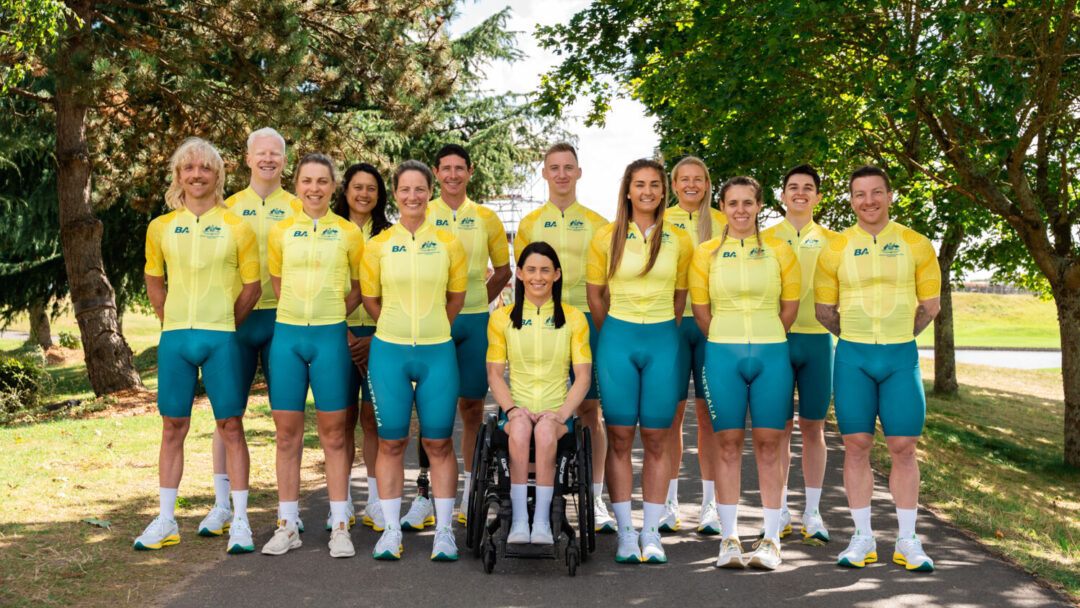News
A new documentary explores the journey of the Australian Paralympic cycling team and their participation in the 2024 Paris Paralympics.
The film, Changing Track, displays not just the incredible sporting feats; it also offers an intimate portrait of the struggle and preparation reaching one of the pinnacles of sport, witnessing the courage and collegiality of all involved.
The Wire’s Stephen Hill spoke with the film’s director, Tristan Kenyon, as well as gold-winning Paralympians, Emily Petricola and Korey Boddington, to ask them how important it is to showcase various types of disability and their adaptability to compete on a professional level.
Mr Kenyon explains that he and his brother co-wrote the documentary together, exploring the different reasons that someone might find themselves in a Paralympic team from the point of view of three athletes with varying conditions.
Korey…had a series of accidents when he was younger. For Emily, it was acquiring Multiple Sclerosis, and…being born with a congenital condition, so that was Kane
Tristan Kenyon
As Emily Petricola explains, the limitations of her condition weren’t immediate.
“The ting with MS is it builds up over time, depending on how many relapses and plaques you've got in your brain or on your spinal cord…the first three years I was pretty sick…so every three or four months I'd be back in hospital getting massive doses of steroids.”
The multi gold medallist and record holding cyclist says she wasn’t going to sit around and wait for her body to deteriorate, so she took up cycling.
It was more about regaining a sense of my identity…Being able to get into cycling, which was a suggestion of a friend…that really started this process of me reclaiming who I was
Emily Petricola
As for Kobe Bodington, he obtained a brain injury from a motorcross accident when he was fifteen.
“I ended up in a coma for three weeks…I had to learn to walk and talk again. My injuries got really bad on my right side, and 15 years later, it's only at about 50% strength,” he explains.
Despite the setbacks, Mr Bodington is now a dedicated para-cyclist, known to his fans as the Flying Burrito.
“I think that the training is by its nature harder for us because we're trying to do it despite something that's not quite right with our body,” he says.
I train with elite sprinters, the able bodies, and I would like to think I train harder than all of them. I don't think I train harder, but at least as hard…I don't wanna discredit the work that they do because they work incredibly hard as well, but we do it with a bigger challenge in front of us
Kobe Bodington
Director Tristan Kenyon explains in a statement on the film’s website that through researching this documentary, he realised how vital a part the sport played in many of the Paris Paralympics cycling team’s lives.
“Disability, trauma, disease and suffering can be invisible, we never know what someone is going through, or where they’ve been… Emily, Korey and Kane show us that anyone has the power to change track, find the right people and focus on what they love no matter what that may be or what life has yet to throw their way.”
Changing Track is in cinemas now.
This story originally appeared on The Wire.
